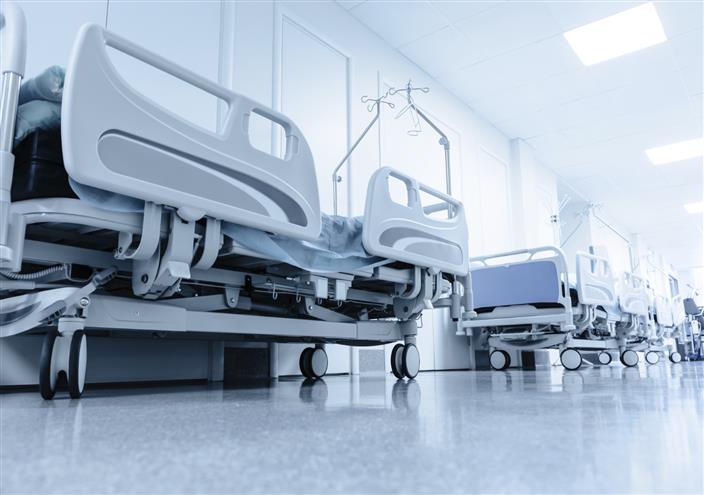Nurses working in a small hospital often wear many hats. While a large, metropolitan hospital will often have a full staff of physicians, ancillary and support staff on-site around the clock, a small hospital may not have that luxury. This is especially evident during the “off-shifts” of evenings, nights and weekends.




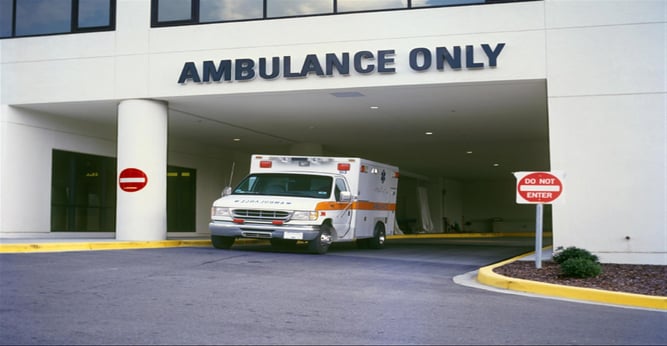

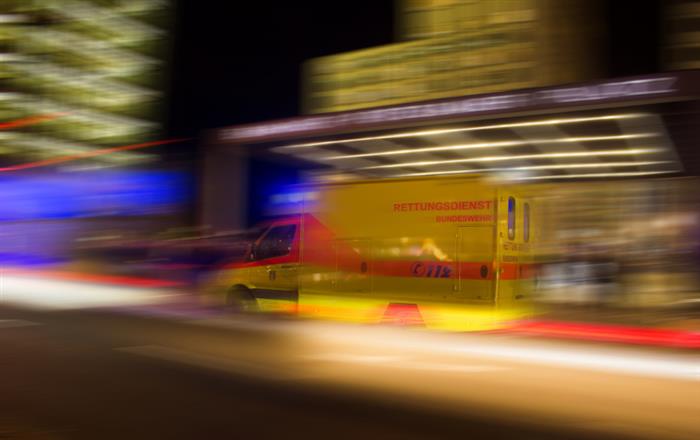

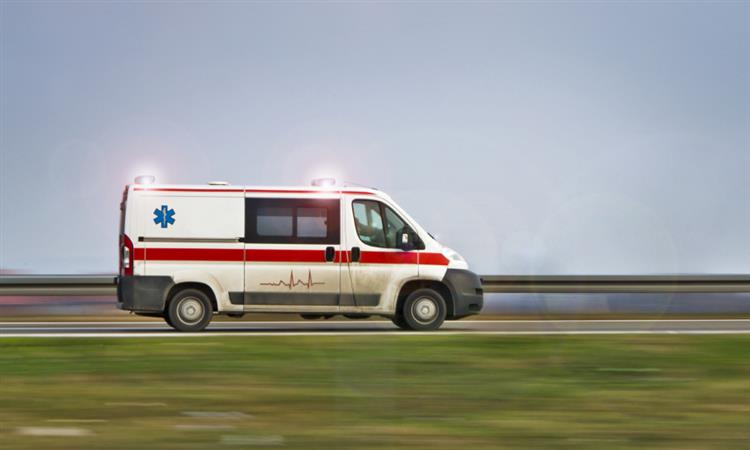
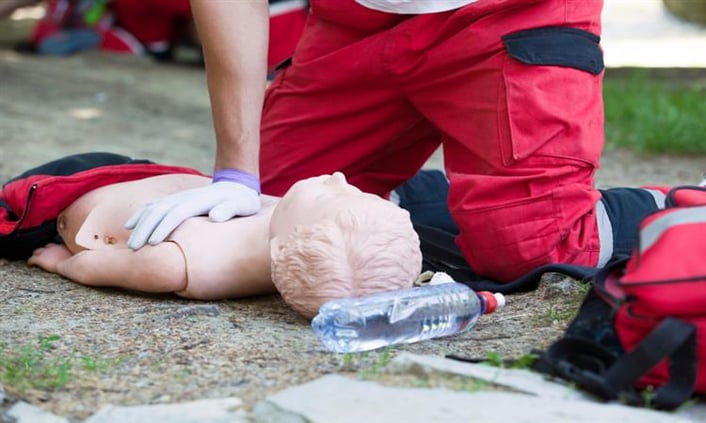 Whoever said “children are just small adults” never had to work on one in an
Whoever said “children are just small adults” never had to work on one in an 
